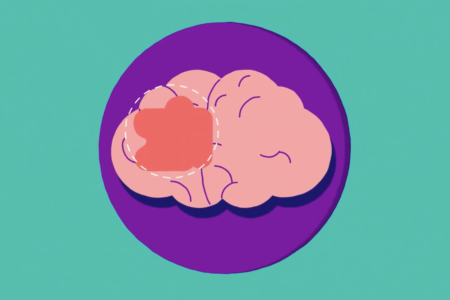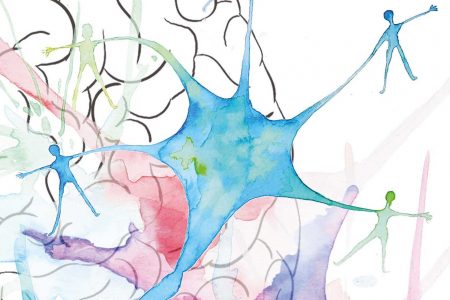Having The Talk with my white son
Children's worlds are coloured by their parents’ explanations about the world, which transmit implicit values. So how do you explain racism? If we don't talk about it, we're pretending it doesn't exist, or it's irrelevant.
As a parent, you try to estimate when your child is ready to learn about the world. It starts small and concrete and becomes ever wider and more complex as your child gets older. I thought racism was a subject my 8-year-old wasn't ready for yet. But, as I read recently in a Dutch daily newspaper, parents of colour do start discussing racism with their children when they’re very young. So I felt that I, as a white mother, ought to broach the subject too.
Diverse subjects
I try to discuss a lot of subjects with my children. I want to give them insight into themselves, others, and the world by explaining why people do what they do, even if this is not pleasant behaviour. If a child behaves unkindly, we discuss what fears or problems might underlie this behaviour. I often explain to my children that everyone needs to develop: they themselves are not always calm and communicative when they are tired - that applies to everyone, and to some even more than others.
These conversations are prompted by everyday events that are relevant to my children, or by statements they make about what they consider 'normal'. We've had conversations about homosexuality and heterosexuality, about different faiths... but racism, that seemed to me to be too big, complex, and heavy.
We have deliberately chosen a school that reflects our diverse society. Research shows that mutual contact between children from many different backgrounds ensures they get to know each other and are therefore less quick to develop prejudices. But it is not enough just to bring children together. You only gain insight into someone else if you have sufficient knowledge about what is going on in that person's life. And this is where we, as parents, have an important socialising function.
If we don't talk about racism, we're somehow pretending it doesn't exist, or that it's not relevant for us. But if parents of colour are already discussing racism with their 8-year-old, and moreover if their 8-year-old is already having to deal with expressions of racism, then I need to have that conversation with my child as well, so that we can contribute to limiting and preventing racism.
How do you discuss racism?
So on Saturday I had The Talk with my male, white child, who is likely to suffer less from stereotyping and racism in his life than will his peers of colour. Nevertheless, it is important for him to know that racism exists, to recognise it and therefore to be able to counter it.
But how do you discuss it? I showed him the newspaper and the photos of protesters all over the world. I explained why all those people were there and what they were protesting against. I explained that people are not judged on the basis of who they are and what they can do, but of the group they belong to or the colour of their skin. I pointed out how unfair and frustrating that is, and how it limits people's opportunities.
Catan analogy
For unequal opportunities, what worked best was the analogy with Catan: imagine if when you were setting up the game you first let some players choose the best spots for both their villages, and only then let the others choose. That would mean the last players would be in a weaker position from the start, so it would be much harder for them to win. It would have nothing to do with how smart they were, or how well they played.
My son was quiet and thoughtful. We’ve still got a lot to discuss, but at least we’ve opened the conversation.





